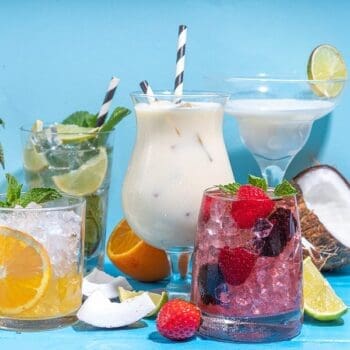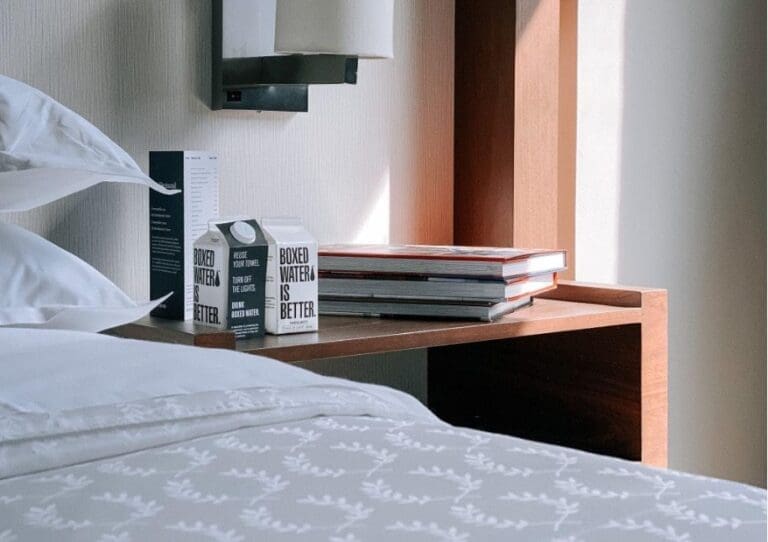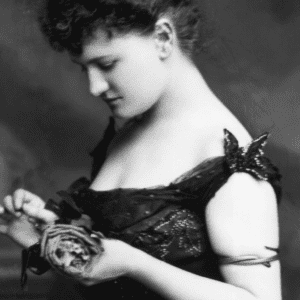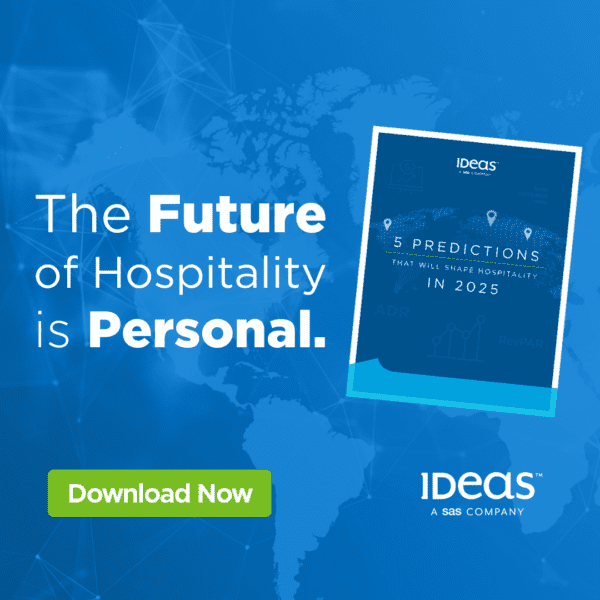 In recent years, a rising trend towards health and wellness, coupled with a desire for inclusive social experiences, has led to an increased demand for high-quality, exciting non-alcoholic beverages. This cultural shift has not been lost on the hospitality industry; but as this trend keeps gaining momentum, here are some things you should think about it to maximize its revenue-generating potential.
In recent years, a rising trend towards health and wellness, coupled with a desire for inclusive social experiences, has led to an increased demand for high-quality, exciting non-alcoholic beverages. This cultural shift has not been lost on the hospitality industry; but as this trend keeps gaining momentum, here are some things you should think about it to maximize its revenue-generating potential.
Don’t oversimplify non-alcoholic cocktails
Although most hotel menus have always featured non-alcoholic options, they were often an afterthought or accompaniment to alcoholic drinks. This was particularly true for virgin cocktails, which “were typically just a combination of juices” according to Kim Haasarud, SSP’s expert mixologist. With 34% of Americans trying to drink less alcohol in 2023, according to the January Sentiment Survey by NCS Solutions, a few simple options will no longer be enough. Non-drinkers look for a variety of intriguing, nuanced beverages that have the complexity and sophistication of their alcoholic counterparts.
Use the full potential of non-alcoholic spirits
Thankfully, creating complex non-alcoholic options is perfectly possible due to the variety of non-alcoholic spirits on offer, which have also developed in terms of depth of flavor and complexity. According to Haasarud, a lot of high-quality non-alcoholic spirits have recently hit the market, and are so flavorful they may actually be preferable to their alcoholic counterparts even if you do drink alcohol. In fact, Haasarud recommends adding non-alcoholic spirits to alcoholic cocktails too, as they are great modifiers: they add another dimension to the flavor and bring down the ABV, which can also be desirable. According to Haasarud, some bars even calculate the ABV of their cocktails and include it on the menu, helping their guest make more informed choices.
Select your options carefully and advertise them well
Although there are some great options, not all alcoholic spirits are created equal. Consult an expert mixologist on which ones to go for, to avoid any potential waste. Know your audience well before you design your menu: including options your guests are curious about but are not widely available will make the curious more likely to try them. According to the aforementioned Sentiment Study, more than one in three respondents (36%) have tried alcohol-free beer, and of those who haven’t, 22% would like to give it a try. 32% want to try alcohol-free wine and spirits and although only one in 10 have tried cannabis-infused drinks, 38% are interested in giving them a shot. Out-of-the-box options will also allow you to leverage the power of social media, especially if they are well-presented and visually appealing.
Take into account the global focus on health and wellness
31% of the respondents in the Sentiment Study stated that they choose non-alcoholic options for health reasons, which reflects a global health-forward trend that is likely to keep growing. Incorporating healthy ingredients, such as fresh fruit juices, herbs, teas, and botanical infusions will therefore allow you to engage health-conscious customers, as well as those who are counting calories or have to watch their blood sugar. The health-conscious non-drinkers typically prefer locally sourced ingredients, so you could also partner with a local brand, giving your customers a taste of something they can’t try anywhere else.
Train your staff
Due to the complexity required by ever-more demanding customers, staff training is paramount. Your teams should be able to mix the drinks on your menu as well as be well-versed in the non-alcoholic offerings and capable of guiding guests through them. Having knowledgeable staff is particularly important when it comes to non-alcoholic options so that the guests can feel assured in their choice of a drink they may not have tried before.
Most importantly, create experiences around non-alcoholic beverages
Just like wine, non-alcoholic drinks can be paired excellently with a variety of dishes. Offering non-alcoholic beverage pairings with meals can be one way of elevating the non-drinkers’ experience and that’s exactly what they are looking for. In fact, there are more and more bars and restaurants across the US, that do not serve alcohol at all and concentrate on providing a unique experience. According to Haasarud, Gen Z customers particularly value the experience over drinking, which is why there are likely to be more and more of these establishments in the future. In Haasarud’s words: “Hotels, especially those with the ability to have multiple outlets, may want to explore one of them being a no-alcohol space.”
In summary, the rise of non-drinking consumers signals a vital opportunity for the hospitality industry. Prioritizing diverse, flavorful, and memorable non-alcoholic options is essential in meeting the growing demand, along with the focus on experiences and health-forward ingredients. When well thought-out and implemented by well-trained staff, an attractive offering of non-alcoholic beverages can have an exceptionally high ROI and represent a competitive advantage elevating your overall F&B program.

















